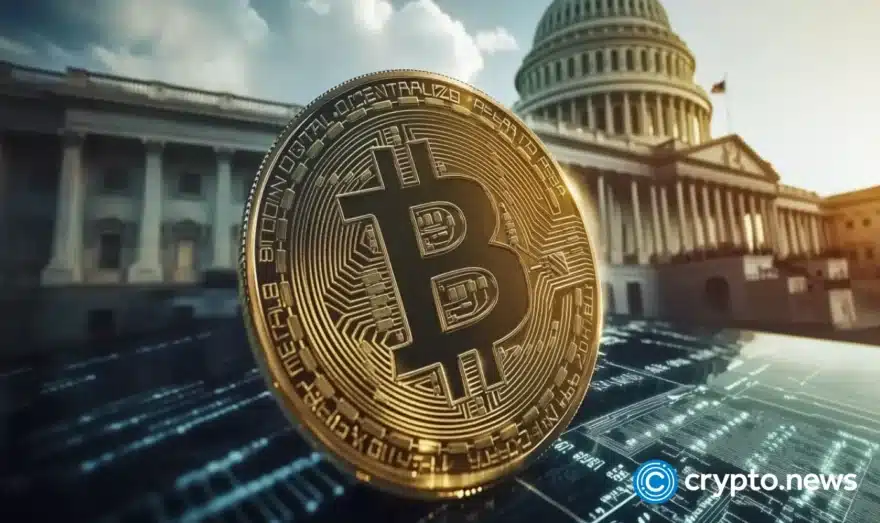Phillipines Considers Exchange Guidelines Ahead of Unveiling ICO Laws

Following the footsteps of regional developments in South East Asia, the Philippines Security and Exchange Commission could soon pass relevant laws for the operation of cryptocurrency exchanges in the country, Manila Times reported September 3, 2018.
Philippines’ Crypto Push
Amidst growing interest in cryptocurrency and related businesses, the SEC observed the lack of legal framework in the Philippines to facilitate responsible digital asset trading while protecting investor interests.
Ephyro Luis Amatong, SEC Commissioner, noted the first draft of cryptocurrency regulations could come as soon as the second week of September 2018, revealing the authorities “see the need of regulating [crypto] trading platforms.”
Phippilines’crypto framework takes inspiration from the forward-thinking virtual currency exchanges in place by Switzerland and Australia, said Amatong, adding the country’s central bank, Bangko Sentral ng Pilipinas (BSP), will play a prime role in executing local trading laws.
Amatong stated with regards to the BSP’s involvement:
“We already discussed the matter with the BSP since the BSP is also interested and we are also interested. The discussion involves joint cooperative oversight over VCEs engaged in trading.”
In April 2018, the BSP stated it had received applications from crypto-exchanges looking to operate in the Philippines. Subsequently, only Rebittance, Inc. and coins.ph were awarded no-objection licenses from the bank to run their businesses.
Move Follows ICO Policies
The SEC highlighted the creation of robust ICO policies, subject to approval, in August 2018, laying emphasis on strict Know-Your-Customer (KYC) laws and creating mandatory assessment filings that detail the type of token, the business strategy, and the token’s status as a financial security.
Homegrown startups would register with the relevant authorities, while crypto players would need to locally-register a Filipino branch of their business – complete with local bank accounts and other laws.
As part of the ICO assessment, authorities would conduct “system walkthroughs” and conduct “ocular inspections.”
Currently, the draft is open to public criticism, and the SEC intends to review, and possibly implement, public requests prior to officially releasing the ICO and token crowdfunding guidelines.
Amatong believes the SEC’s leniency towards token issuers could help create an optimal environment for small- and medium-sized enterprises to raise funds for their business activities.
Drawing parallels to the typical security and exchange listing process in the Philippine Stock exchange, Amatong stated that financial technology, such as blockchain, helps to achieve comparable fundraising solutions without expensive, elaborate listing procedures.












